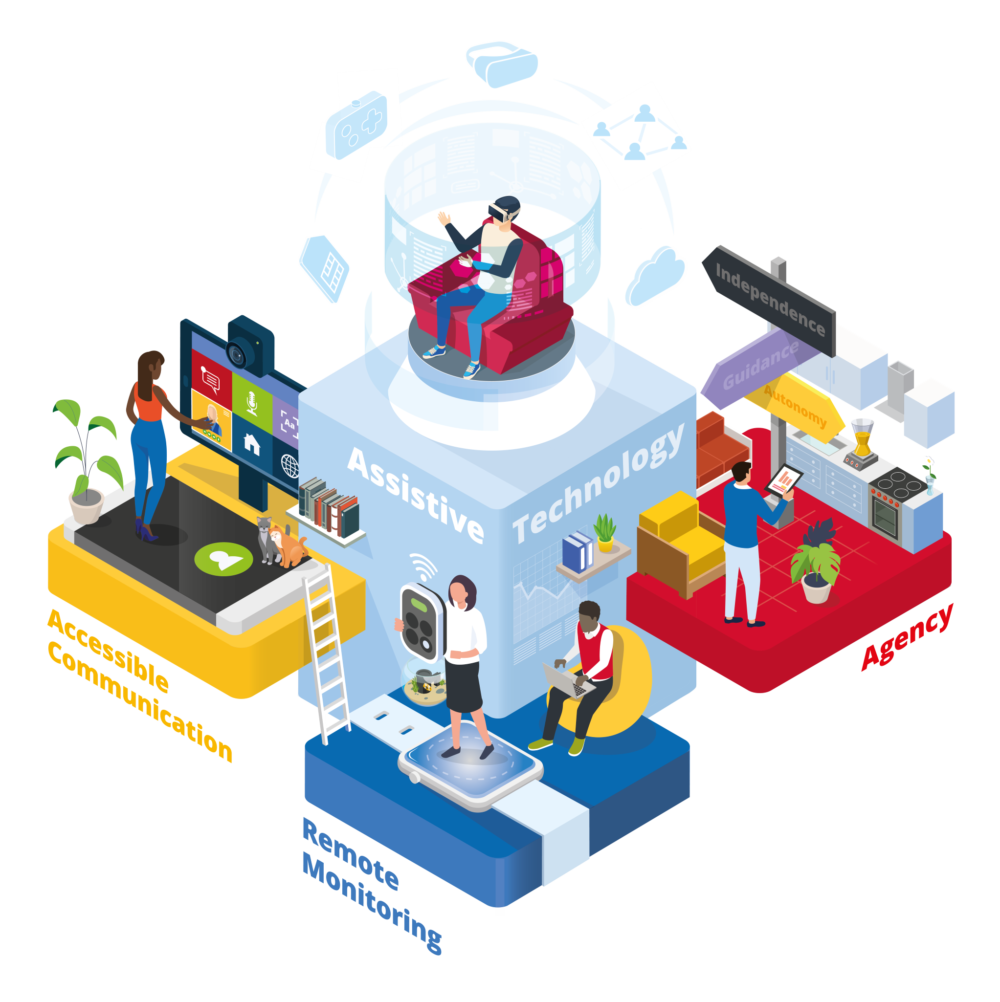
latest
Ringfence funding for learning disability technology, government urged
The learning disability technology market is underdeveloped and in need of greater investment, say the authors of a new report

"Apps are an affordable, accessible and popular technology which provide an easy avenue to consumers and developers. It is easy to develop a rudimentary app and then build something more sophisticated down the line.” Dr Peter Bloomfield and Cristina Ruiz de Villa, report authors
The government should launch a learning disability technology initiative, combined with ringfenced funding, to kickstart technology development in the area, a new report urges.
Future Care Capital’s report, Learning Disability Tech Landscape Review, recommends that the government increase the £1 million allocation for the upcoming Centre for Assistive and Accessible Technology, which will be shared across intellectual and physical disabilities.
Learning disability technology start-ups have been underfunded, the report notes, “resulting in unequal access across care and consumer tech sectors.”
The report’s authors, Dr Peter Bloomfield and Cristina Ruiz de Villa, identified 19 companies developing digital technology solutions for the learning disability market – a relatively small number compared to the subjects of other recent FCC reports about technology for the adult social care sector in England. Fourteen of the technologies under development were software apps, six were platforms, and four were related to the Internet of Things (IoT). Of the 11 companies deploying products solely for learning disability, rather than to multiple care settings, only five described user feedback as part of their development process.
Just three of the 19 technologies were aimed at carers or medical professionals looking after people with learning disabilities – a finding the report’s authors describe as “surprising”, given that there is “an urgent need to drive efficiency and support effective care delivery in social care and medical contexts.” It was similarly surprising, the authors write, to find “no digital solutions currently available or in development to improve health outcomes.”
Prevalence of apps suggest market is at an early stage
The high number of app-based solutions suggests that this is “an early stage, underdeveloped technology market,” the report says, because apps are “an affordable, accessible and popular technology which provide an easy avenue to consumers and developers. It is easy to develop a rudimentary app and then build something more sophisticated down the line.” The prevalence of apps may also reflect the financial situation of users, who are “often individuals with high medical and social care costs, compounded with lower rates of employment and a reliance on financial support from a range of sources.”
Under the umbrella of assistive technology, the report found three types of technology: accessible communication, remote monitoring and agency. There was no overlap between the types, with each focused on addressing separate problems: issues with communicating or accessing information; the need for 24/7 care; and the difficulties in carrying out daily tasks and making decisions independently.
The report concludes that the market is at an early stage, and that the types of technologies available will diversify as the market matures. For the market to reach full maturity, however, entrepreneur mentors, especially angel investors, and high-quality technical talent are needed. “Incentivising this development is multi-factorial,” the report says, and “may involve funding, workforce development, mentorship networks and fiscal incentives.”